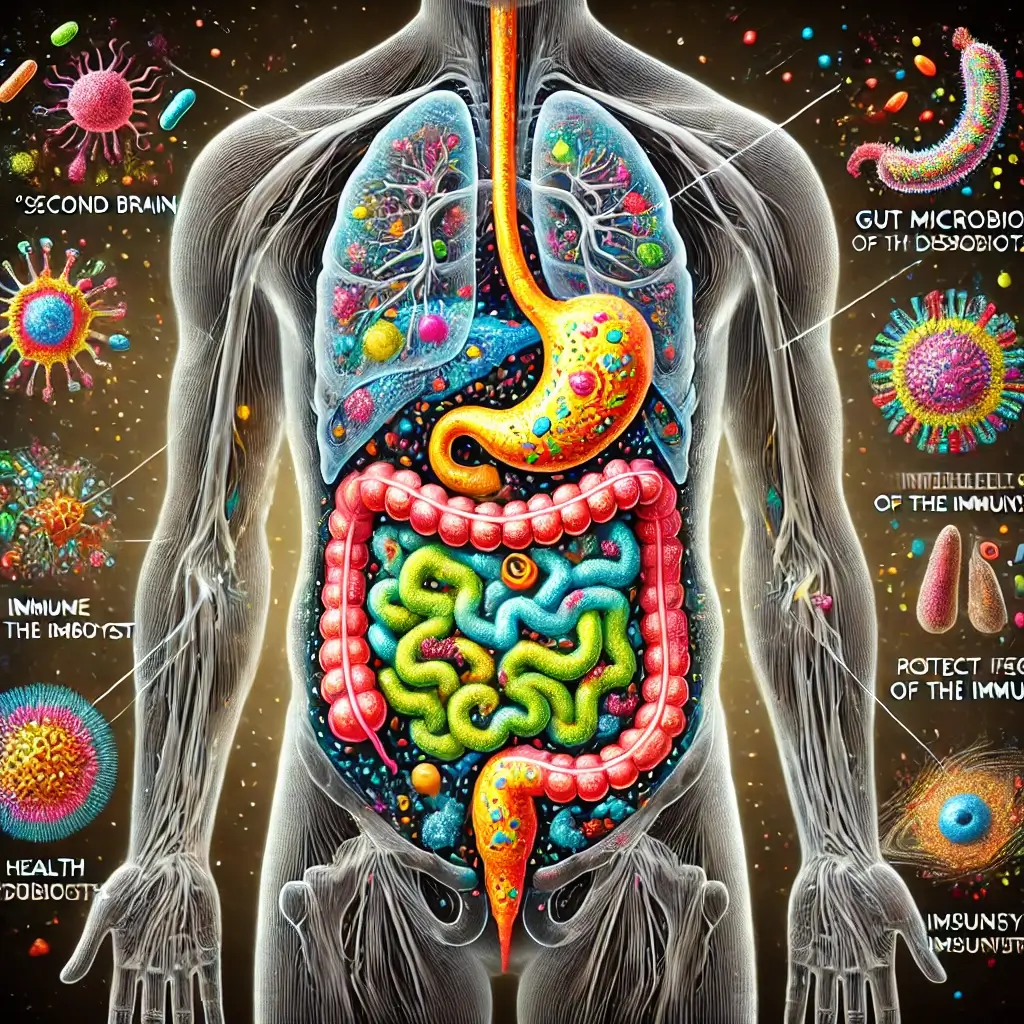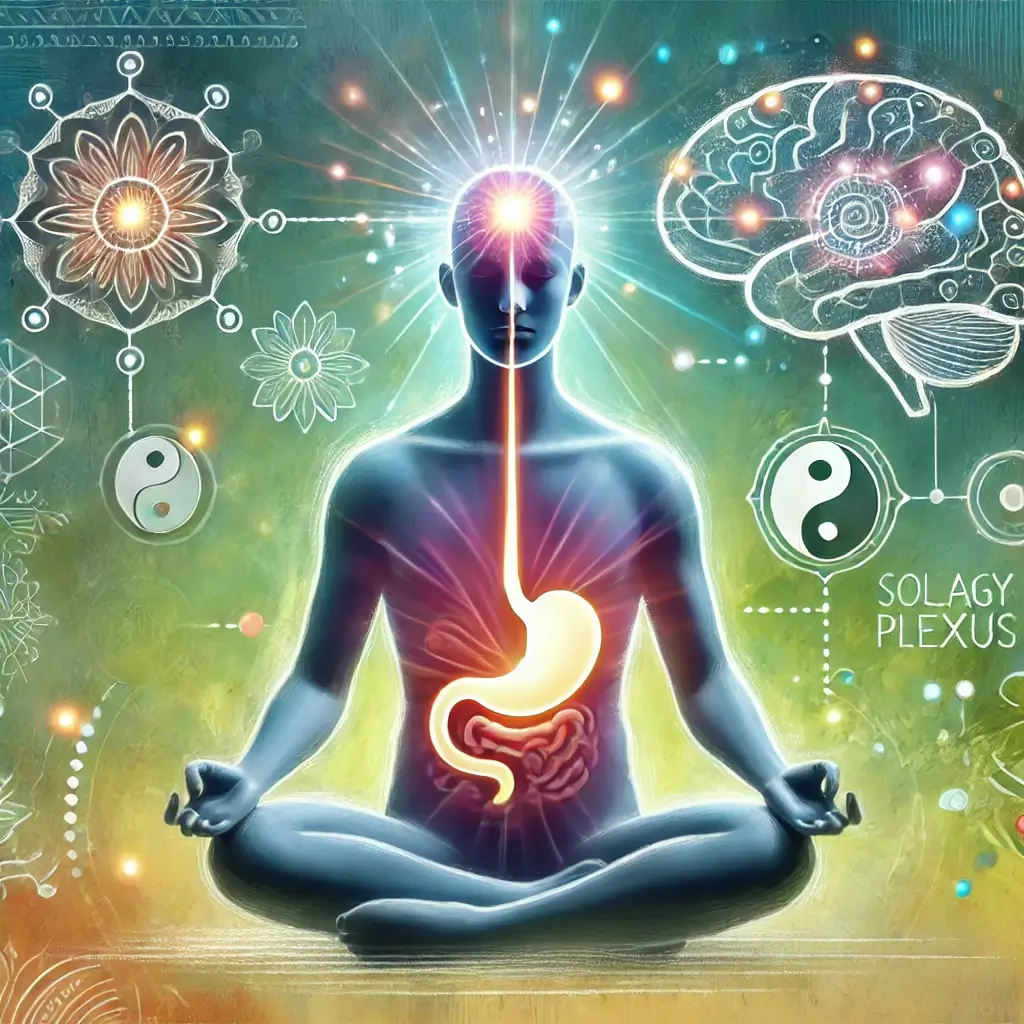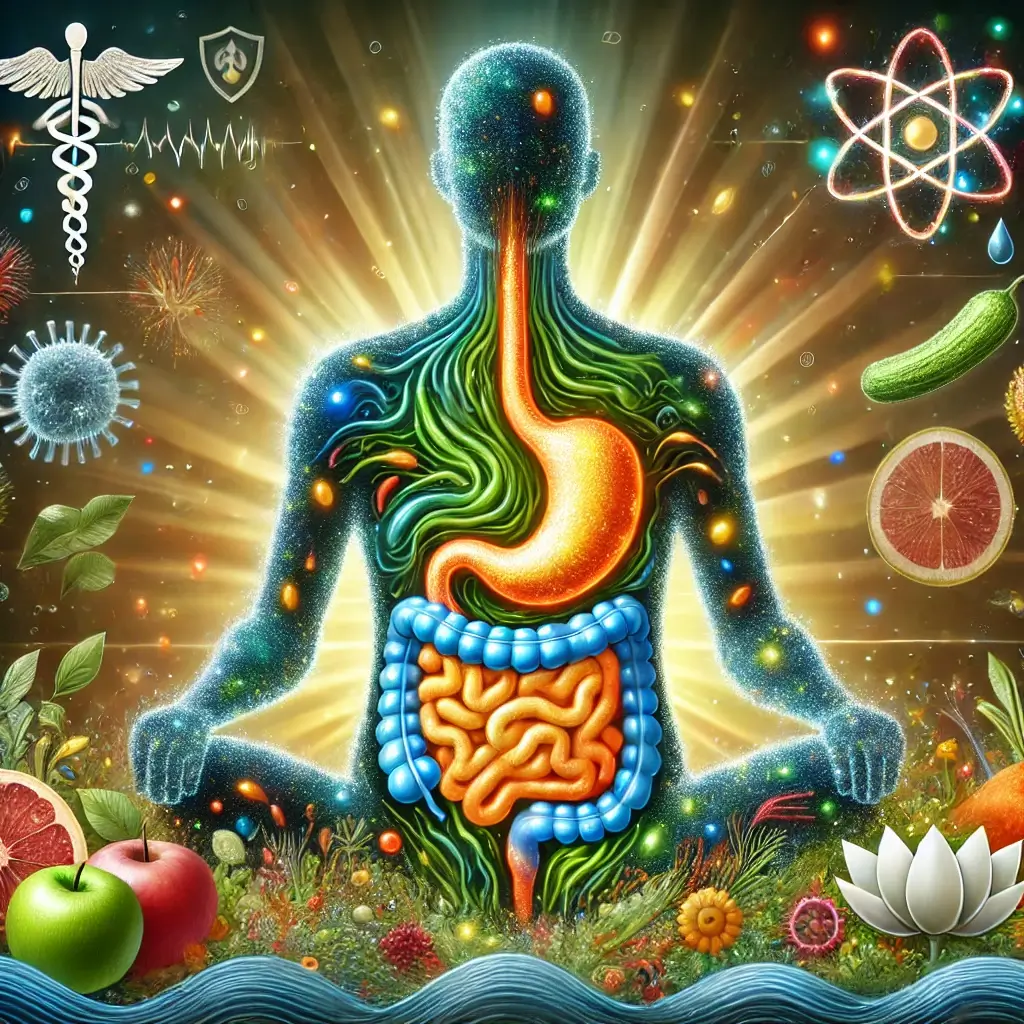Understanding the Second Brain: Latest Discoveries in Gut Health and Autoimmunity
The Gut’s Role in Health and Immunity
The gut, often referred to as the “second brain,” has emerged as a central player in maintaining overall health. Beyond its critical role in digestion, the gut houses trillions of microorganisms collectively known as the gut microbiota. This diverse microbial ecosystem has a profound impact on the immune system, shaping its responses and ensuring its proper function. However, when the balance of gut bacteria is disrupted, it can lead to immune dysregulation and, in some cases, autoimmune diseases.
Understanding Autoimmune Diseases and Gut Health
Autoimmune diseases, such as type 1 diabetes, multiple sclerosis (MS), and inflammatory bowel disease (IBD), occur when the immune system mistakenly targets healthy tissues. These conditions are complex and multifactorial, with genetic predisposition, environmental triggers, and gut health all playing significant roles. Recent advancements in microbiome research have illuminated the intricate relationship between gut health and autoimmunity, offering hope for novel diagnostic and therapeutic approaches.
Introduction to the Article’s Scope
This article explores how the gut microbiota influences immune function, highlights cutting-edge research linking gut health to autoimmune diseases, and discusses practical strategies to optimize gut health for overall well-being.
The Role of Gut Microbiota in Immune Function
The gut microbiota acts as a gatekeeper, maintaining a delicate balance between immune activation and tolerance. Key mechanisms include:
Immune Education: The gut microbiota trains immune cells to differentiate between harmful pathogens and harmless antigens, such as food particles or the body’s tissues. A healthy microbiome fosters immune tolerance, reducing the risk of autoimmune reactions.
Inflammation Modulation: Beneficial bacteria produce metabolites, such as short-chain fatty acids (SCFAs), that regulate inflammation. An imbalance in gut bacteria, known as dysbiosis, can lead to chronic inflammation, a hallmark of many autoimmune diseases.
Barrier Function: The intestinal lining acts as a physical and chemical barrier, preventing harmful substances from entering the bloodstream. Dysbiosis can weaken this barrier, a phenomenon often referred to as “leaky gut,” which has been implicated in autoimmune disorders like lupus and MS.
Recent Research Advances
Type 1 Diabetes Research: A 2022 study published in Nature Communications found that children genetically predisposed to type 1 diabetes had distinct microbiome profiles compared to those without predisposition. The research suggested that certain gut bacteria might influence the early development of the disease by modulating immune responses.
Multiple Sclerosis Studies: Research in Nature Neuroscience (2021) revealed that MS patients exhibited significant gut dysbiosis, with reduced levels of bacteria that produce anti-inflammatory SCFAs. Clinical trials are now exploring whether dietary interventions and probiotics can slow disease progression.
IBD Research Findings: A meta-analysis in Gastroenterology (2022) demonstrated that gut dysbiosis precedes IBD onset. Fecal microbiota transplantation (FMT), which restores healthy gut bacteria, has shown promise in managing IBD symptoms and reducing relapses.
Lupus Studies: A 2019 study in Cell Host & Microbe highlighted that lupus patients had increased gut permeability and an overgrowth of pathogenic bacteria. Researchers are investigating whether therapies targeting the gut microbiota can prevent lupus flares.
Strategies for Optimizing Gut Health
While the science of the gut-autoimmune connection is still evolving, several evidence-based strategies can promote a healthy gut and support immune function:
Diverse Diet Planning: A varied diet rich in fruits, vegetables, whole grains, and legumes fosters microbial diversity, which is critical for a resilient microbiome.
Probiotic Food Integration: Yogurt, kefir, sauerkraut, and kimchi provide beneficial bacteria that can enhance gut health and modulate immune responses.
Prebiotic Food Focus: Foods like garlic, onions, and bananas contain prebiotics—fibers that feed beneficial gut bacteria. These can help maintain a balanced microbiome.
Stress Management: Chronic stress can disrupt the gut microbiota and exacerbate inflammation. Techniques such as mindfulness, meditation, and yoga can mitigate these effects.
Sleep Quality Optimization: Poor sleep negatively affects gut health and immune function. Aim for 7-8 hours of restorative sleep per night to support a balanced microbiome.
Conclusion
The gut microbiota’s role in autoimmune diseases represents a new frontier in medical science. As researchers continue to unravel the complexities of the gut-immune axis, the potential for microbiome-targeted therapies becomes increasingly evident. From probiotics to dietary interventions, nurturing the gut microbiota offers a promising path for preventing and managing autoimmune disorders.
While much remains to be discovered, current evidence underscores the importance of maintaining a healthy gut for overall immune balance. Adopting gut-friendly habits is a proactive step toward reducing the risk of chronic inflammation and autoimmune diseases. Consult with healthcare professionals for personalized advice, particularly if managing existing autoimmune conditions.
References
Vatanen, T., et al. (2022). “Gut microbiota and type 1 diabetes risk in children.” Nature Communications.
Berer, K., et al. (2021). “Gut microbiota and SCFA production in MS patients.” Nature Neuroscience.
Ungaro, R., et al. (2022). “Advances in gut microbiota research in IBD.” Gastroenterology.
Manfredo Vieira, S., et al. (2019). “Gut permeability and microbiota in lupus.” Cell Host & Microbe.
Costello, S. P., et al. (2022). “Therapeutic potential of probiotics and FMT in autoimmunity.” Gastroenterology.













